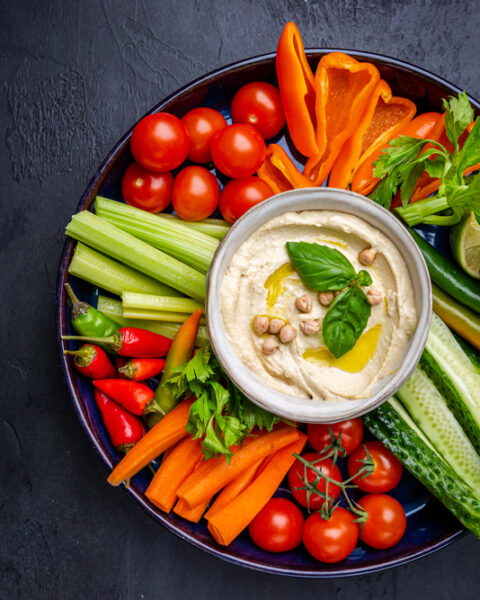It’s easy to grab a quick snack when you’re hungry, but some of our favorite treats might be doing more harm than good, especially when it comes to heart health. From salty chips to sugary sodas, certain snacks can increase the risk of heart disease, high blood pressure, and other cardiovascular issues. By understanding which snacks to avoid, you can make better choices and keep your heart in top shape.
Contents
- 1 Potato Chips
- 2 Soda
- 3 Packaged Pastries
- 4 Candy Bars
- 5 Fried Chicken
- 6 Doughnuts
- 7 Ice Cream
- 8 Processed Meats
- 9 Cheese Puffs
- 10 Instant Noodles
- 11 Flavored Yogurt
- 12 Granola Bars
- 13 Popcorn with Butter
- 14 Chocolate Chip Cookies
- 15 Bacon
- 16 More From RetailShout
- 17 15 Nutrient-Dense Seeds You Should Be Eating Daily
- 18 10 Foods That Were Once the Hottest Trends
Potato Chips
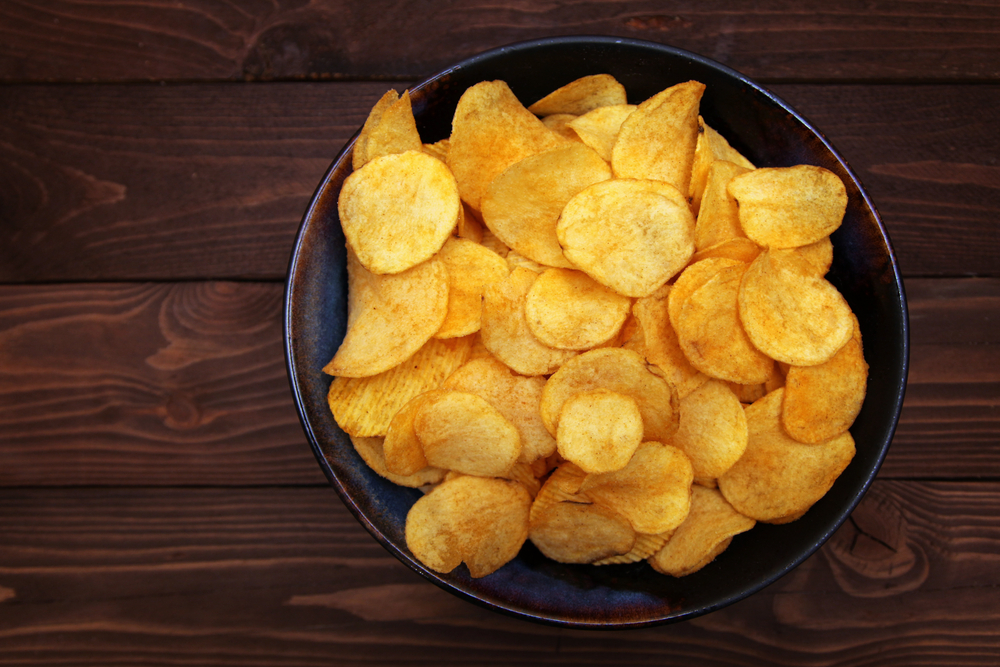
Potato chips are a beloved snack, but they are packed with unhealthy fats and sodium. Regular consumption can lead to high blood pressure, a significant risk factor for heart disease. Additionally, these chips are often fried, adding trans fats which are known to increase bad cholesterol levels. The high calorie content can contribute to obesity, further straining the heart. Processed snacks like potato chips often lack essential nutrients. Consuming them frequently can displace healthier food choices.
Soda

Soda is high in added sugars, which can lead to weight gain and obesity, increasing the risk of heart disease. The high sugar content causes spikes in blood glucose levels, which can lead to insulin resistance and type 2 diabetes, both risk factors for heart disease. Moreover, sodas are acidic, contributing to enamel erosion and poor dental health, indirectly affecting overall health. Many sodas contain caffeine, which can increase heart rate and blood pressure. Artificial sweeteners used in diet sodas have also been linked to cardiovascular issues. Regular consumption of soda can displace healthier beverages like water and milk.
Packaged Pastries
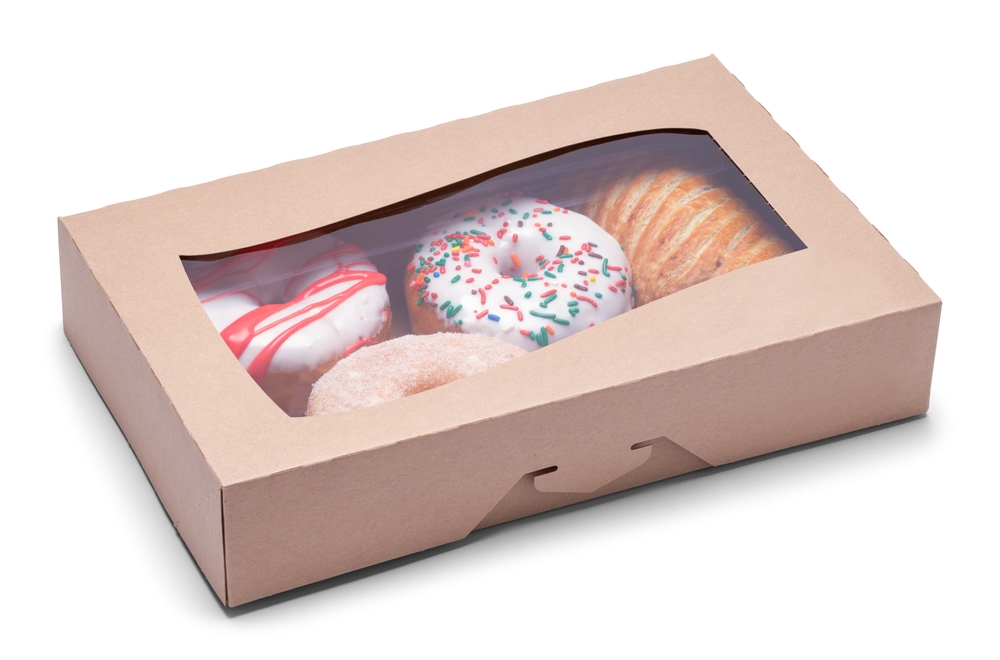
Packaged pastries are loaded with trans fats and refined sugars, which contribute to heart disease. These ingredients can elevate bad cholesterol and lower good cholesterol levels, negatively affecting heart health. They also contain high levels of refined carbohydrates, leading to increased blood sugar levels. The calorie-dense nature of pastries can lead to weight gain and obesity, major risk factors for heart disease. Additionally, they lack fiber and essential nutrients, offering empty calories. Frequent consumption can displace healthier, nutrient-dense foods from the diet.
Candy Bars

Candy bars are rich in sugars and unhealthy fats, which can contribute to cardiovascular disease. The high sugar content can cause blood sugar spikes, leading to insulin resistance and diabetes, both of which are risk factors for heart disease. They also contain saturated fats, which can increase bad cholesterol levels. The lack of fiber and nutrients means they provide empty calories. Eating candy bars regularly can lead to weight gain, another risk factor for heart disease. They often contain additives and preservatives, which may have adverse health effects.
Fried Chicken
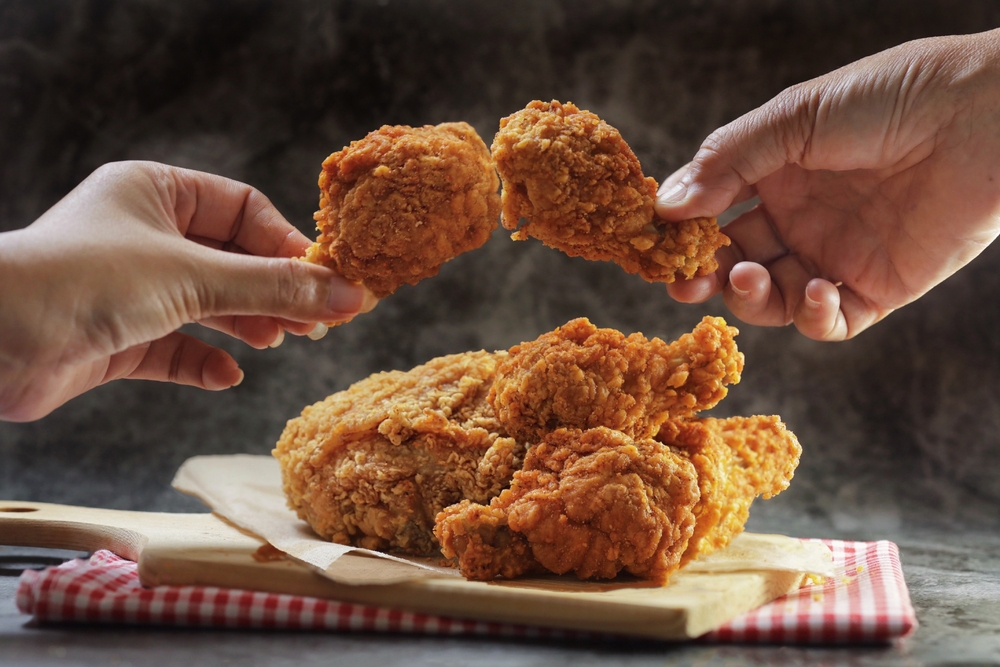
Fried chicken is often coated in batter and deep-fried, making it high in unhealthy fats. These fats can increase bad cholesterol levels and lead to arterial plaque buildup, a precursor to heart disease. The high sodium content can contribute to hypertension, another significant risk factor. Fried chicken is also calorie-dense, contributing to obesity and further straining the heart. It often contains preservatives and additives that can have negative health effects. Consuming it regularly can displace healthier protein sources like grilled chicken or fish.
Doughnuts

Doughnuts are typically fried and coated with sugar, making them high in unhealthy fats and sugars. These ingredients can raise bad cholesterol levels and lead to heart disease. The high sugar content can cause blood sugar spikes, increasing the risk of insulin resistance and diabetes. Doughnuts are also calorie-dense, leading to weight gain and obesity. They lack fiber and essential nutrients, offering empty calories. Regular consumption can displace healthier breakfast options like whole grains and fruits.
Ice Cream

Ice cream is high in saturated fats and sugars, which can contribute to heart disease. These ingredients can increase bad cholesterol levels and lead to arterial plaque buildup. The high sugar content can cause blood sugar spikes, leading to insulin resistance and diabetes. Ice cream is also calorie-dense, leading to weight gain and obesity, major risk factors for heart disease. It lacks fiber and essential nutrients, providing empty calories. Regular consumption can displace healthier dessert options like fruit and yogurt.
Processed Meats
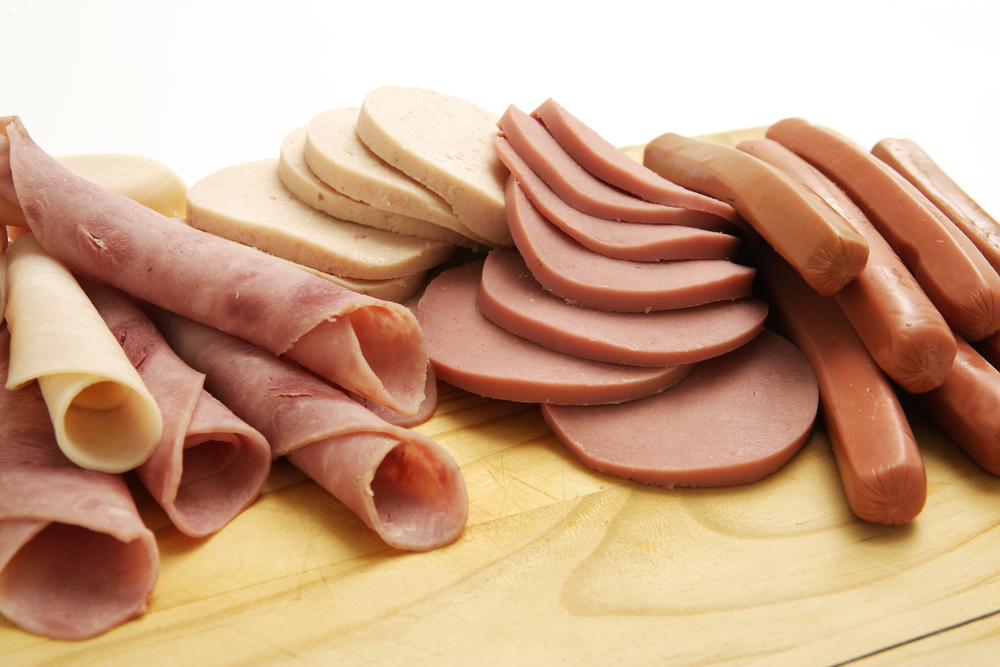
Processed meats like sausages and hot dogs are high in unhealthy fats and sodium. These ingredients can increase bad cholesterol levels and lead to hypertension, both significant risk factors for heart disease. They often contain preservatives like nitrates, which have been linked to cardiovascular issues. Processed meats are also calorie-dense, contributing to obesity. They lack essential nutrients and fiber, providing empty calories. Consuming them regularly can displace healthier protein sources like lean meats and legumes.
Cheese Puffs
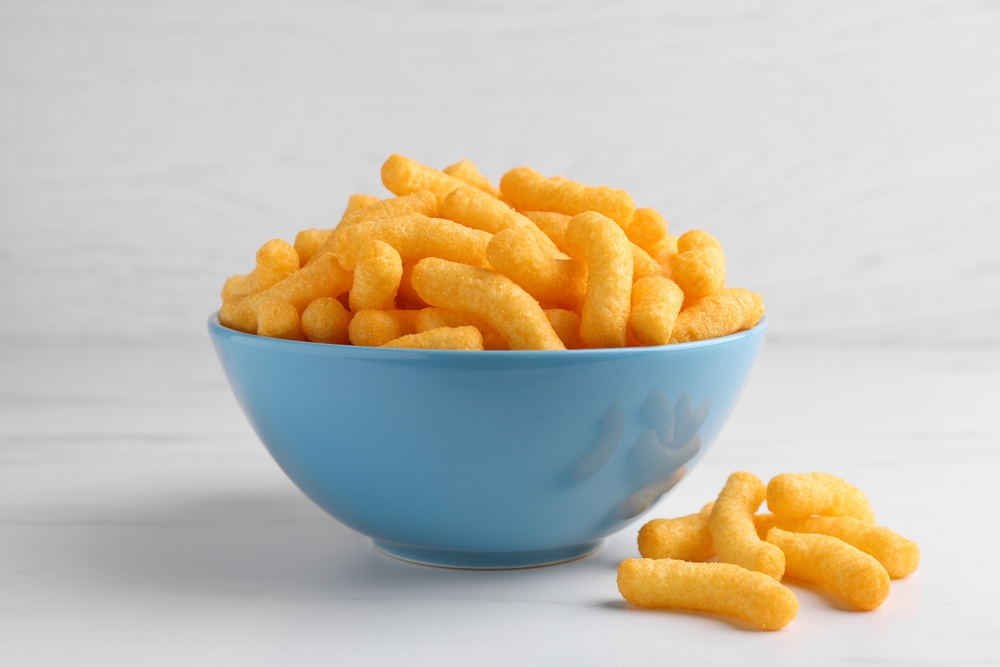
Cheese puffs are high in unhealthy fats and sodium, contributing to heart disease. The high sodium content can lead to hypertension, a major risk factor for heart disease. They are also calorie-dense, leading to weight gain and obesity. Cheese puffs often contain artificial flavors and preservatives, which may have negative health effects. They lack fiber and essential nutrients, offering empty calories. Regular consumption can displace healthier snack options like fruits and nuts.
Instant Noodles
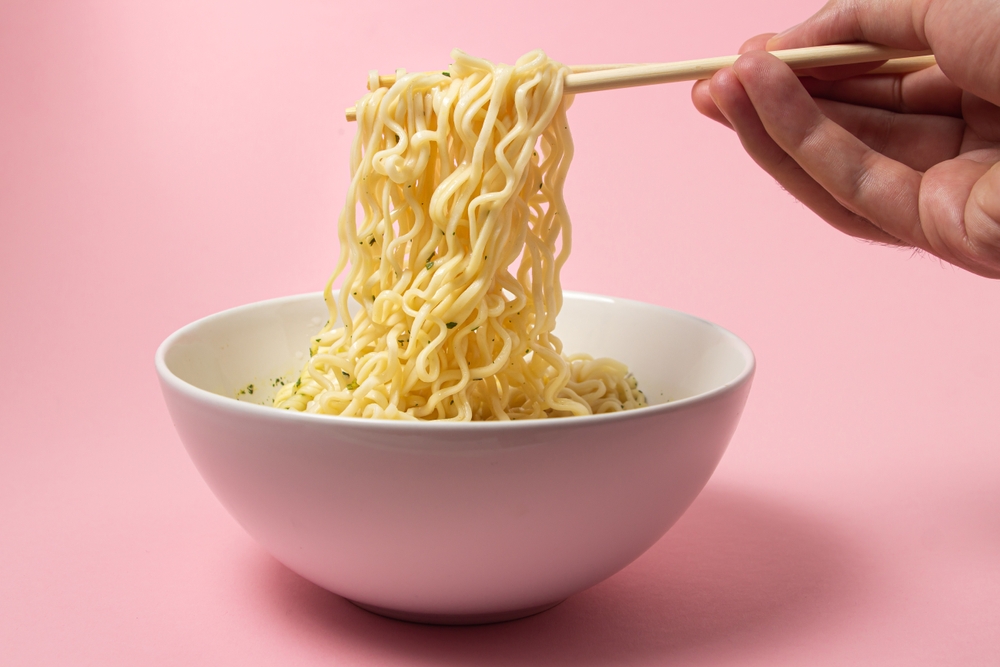
Instant noodles are high in sodium and unhealthy fats, both of which can contribute to heart disease. The high sodium content can lead to hypertension, increasing the risk of heart disease. They often contain monosodium glutamate (MSG), which has been linked to various health issues. Instant noodles are also calorie-dense, leading to weight gain and obesity. They lack fiber and essential nutrients, providing empty calories. Consuming them regularly can displace healthier meal options like whole grains and vegetables.
Flavored Yogurt
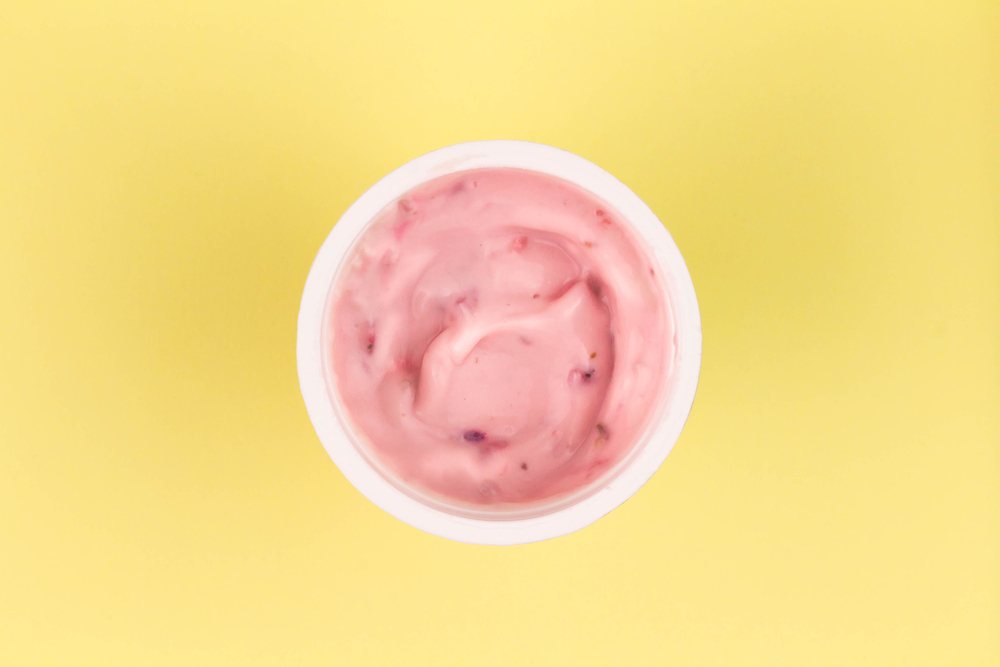
Flavored yogurt often contains high levels of added sugars, which can contribute to heart disease. The high sugar content can cause blood sugar spikes, leading to insulin resistance and diabetes. It can also lead to weight gain and obesity, major risk factors for heart disease. Flavored yogurt often lacks fiber and essential nutrients, providing empty calories. The added flavors and preservatives may have adverse health effects. Regular consumption can displace healthier options like plain yogurt with fresh fruits.
Granola Bars
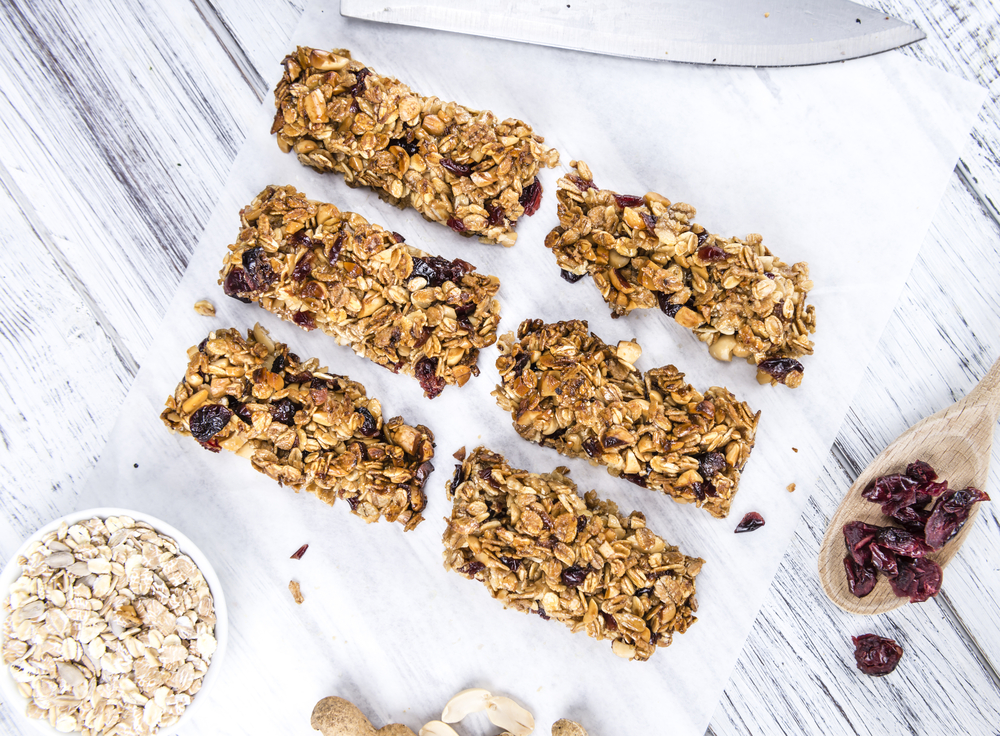
Granola bars often contain added sugars and unhealthy fats, contributing to heart disease. The high sugar content can cause blood sugar spikes, increasing the risk of insulin resistance and diabetes. They can also be calorie-dense, leading to weight gain and obesity. Many granola bars contain artificial flavors and preservatives, which may have negative health effects. They often lack fiber and essential nutrients, offering empty calories. Consuming them regularly can displace healthier snack options like fruits and nuts.
Popcorn with Butter

Popcorn with butter is high in unhealthy fats and sodium, contributing to heart disease. The added butter can increase bad cholesterol levels, leading to arterial plaque buildup. The high sodium content can lead to hypertension, a major risk factor for heart disease. Popcorn is also calorie-dense, leading to weight gain and obesity. It often lacks fiber and essential nutrients, providing empty calories. Regular consumption can displace healthier snack options like air-popped popcorn or vegetables.
Chocolate Chip Cookies
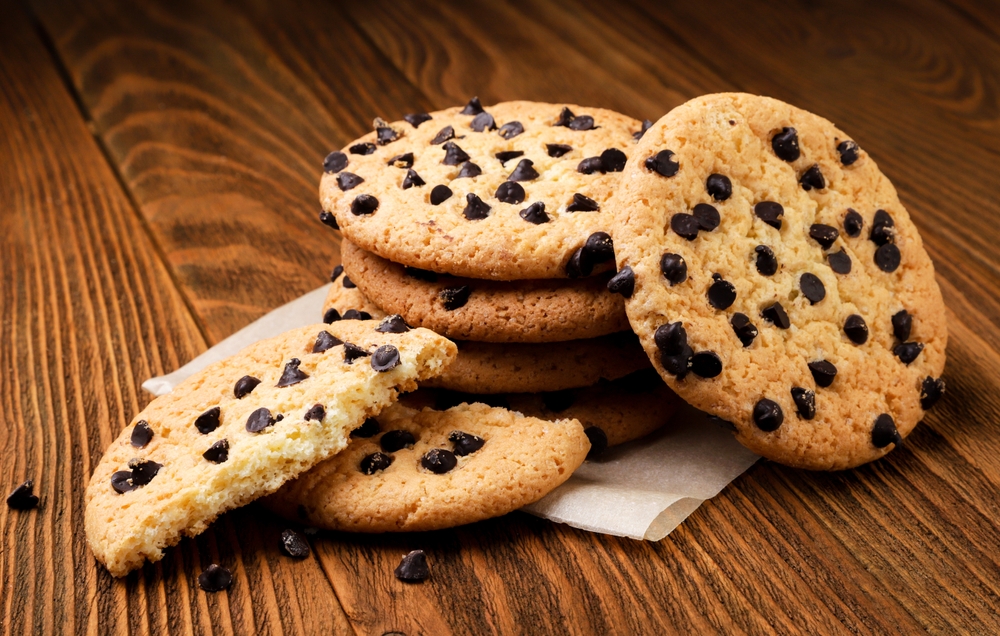
Chocolate chip cookies are high in sugars and unhealthy fats, which can contribute to heart disease. The high sugar content can cause blood sugar spikes, leading to insulin resistance and diabetes. They can also be calorie-dense, leading to weight gain and obesity. Chocolate chip cookies often contain artificial flavors and preservatives, which may have negative health effects. They lack fiber and essential nutrients, offering empty calories. Consuming them regularly can displace healthier snack options like fruits and whole grains.
Bacon

Bacon is high in unhealthy fats and sodium, both of which can contribute to heart disease. The high sodium content can lead to hypertension, increasing the risk of heart disease. It also contains nitrates and nitrites, preservatives linked to cardiovascular issues. Bacon is calorie-dense, leading to weight gain and obesity. It lacks fiber and essential nutrients, providing empty calories. Regular consumption can displace healthier protein options like lean meats and fish.
This article originally appeared on RetailShout
More From RetailShout
16 Hot Gifts Every Spicy Food Enthusiast Will Love

Spicy food enthusiasts thrive on intense heat and bold flavors. When it comes to gifting someone who has a passion for all things spicy, it’s all about finding something that matches their fiery vibe. Read More.
15 Nutrient-Dense Seeds You Should Be Eating Daily
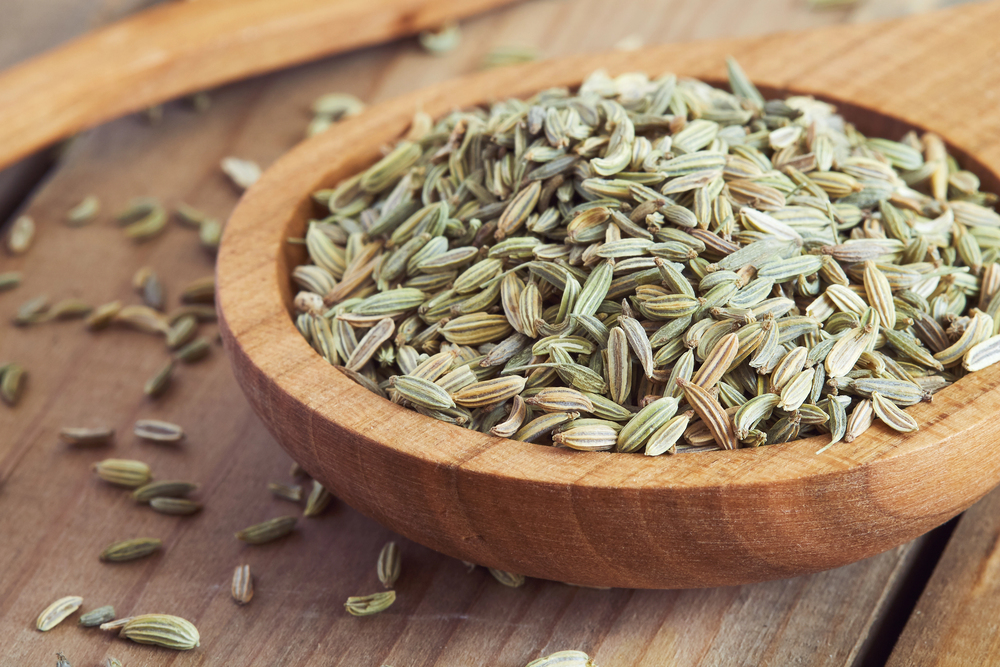
Looking for an effortless way to level up your diet? Seeds are the answer! These tiny wonders are bursting with nutrients, making them one of the simplest additions to your meals. Read More.
10 Foods That Were Once the Hottest Trends

Food trends are as fickle as fashion. What was once the hottest dish can quickly become passé. From smoothie bowls to charcoal ice cream, we’ve seen a variety of foods enjoy their moment in the spotlight. Read More.






